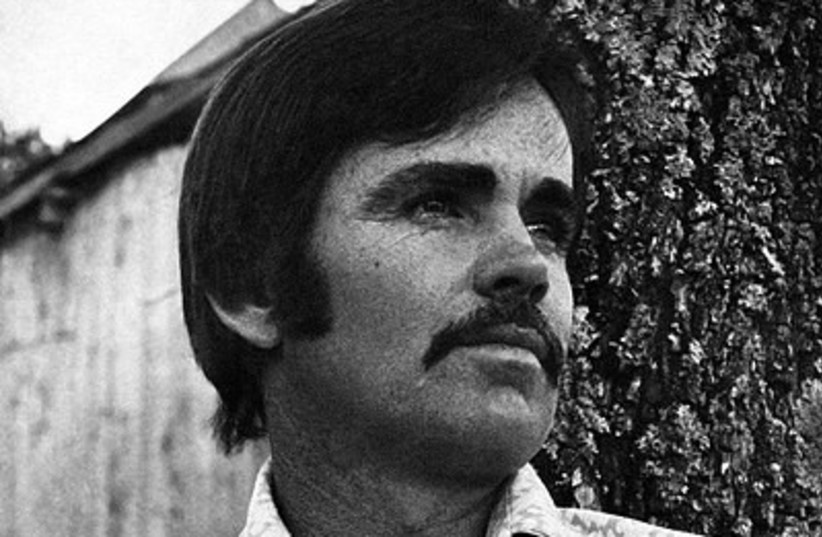The acclaimed novelist Cormac McCarthy is known for his haunting, apocalyptic depictions of the American South and West. But in his new books, McCarthy is exploring different soil: the American Jewish experience.
A pair of new McCarthy novels, “The Passenger” and “Stella Maris,” revolve around a brother and sister in Louisiana. Their names are Bobby and Alicia Western, and they’re Jewish.
It’s an unexpected direction for the 89-year-old McCarthy, who was raised Irish Catholic and whose books — largely elegies for the West, hence Bobby and Alicia’s surname — are rich with Christian Biblical allegory.
The famously reclusive author conducts very few interviews and hasn’t published any novels since his Pulitzer Prize-winning “The Road” in 2006, so the world may never know why he chose to center his new books around Jews.
The books' Jewish identity
In “The Passenger,” which hit store shelves this week, readers learn about the Western’s family history — namely, that their father helped design the atomic bomb at Oak Ridge National Laboratory in Tennessee. Bobby, the protagonist, works as a salvage diver, where he encounters a plane crash with mysterious unexplained elements. His sister Alicia, a schizophrenic math genius for whom he had harbored a lifelong incestuous attraction, died by suicide a decade earlier… on Christmas, as it happens.

It takes a while for the book to establish the characters’ Judaism, one hint that their identity might not be McCarthy’s central theme. Alongside the discussions about the atomic bomb, an early reference to “Zyklon B” (the Nazi gas used to murder Jews at the death camps) is one indicator that the book is interested in exploring one of the author’s favorite themes: the means by which modern civilization destroys itself. In his New York Times review of the novel, John Jeremiah Sullivan speculates that “the Westerns’ Jewishness stands in for the McCarthys’ Catholicism,” reasoning that the author’s family, too, must have felt like an “other” in the South.
By titling his book about Jews “The Passenger,” could McCarthy be referencing the Holocaust novel of the same name by German Jewish author Ulrich Alexander Boschwitz (recently released in a new translation)? Written in the aftermath of Kristallnacht, the earlier novel — about a secular Jewish businessman in Berlin who slowly finds himself being targeted by Nazis — follows a directionless figure in the twilight of his society, like McCarthy’s protagonist.
A companion book, “Stella Maris,” will be released in December. It centers entirely on Alicia, and takes the form of a Q&A session between her and a therapist at the mental institution where she is housed prior to her suicide. It’s a rare McCarthy novel to focus on a female protagonist.
Although McCarthy (whose other acclaimed books include “Blood Meridian,” “All The Pretty Horses” and “No Country For Old Men”) has rarely shown an interest in Jewish characters or themes before, Rick Wallach, the founder of the Cormac McCarthy Society, an academic group devoted to the study of his work, is Jewish.
